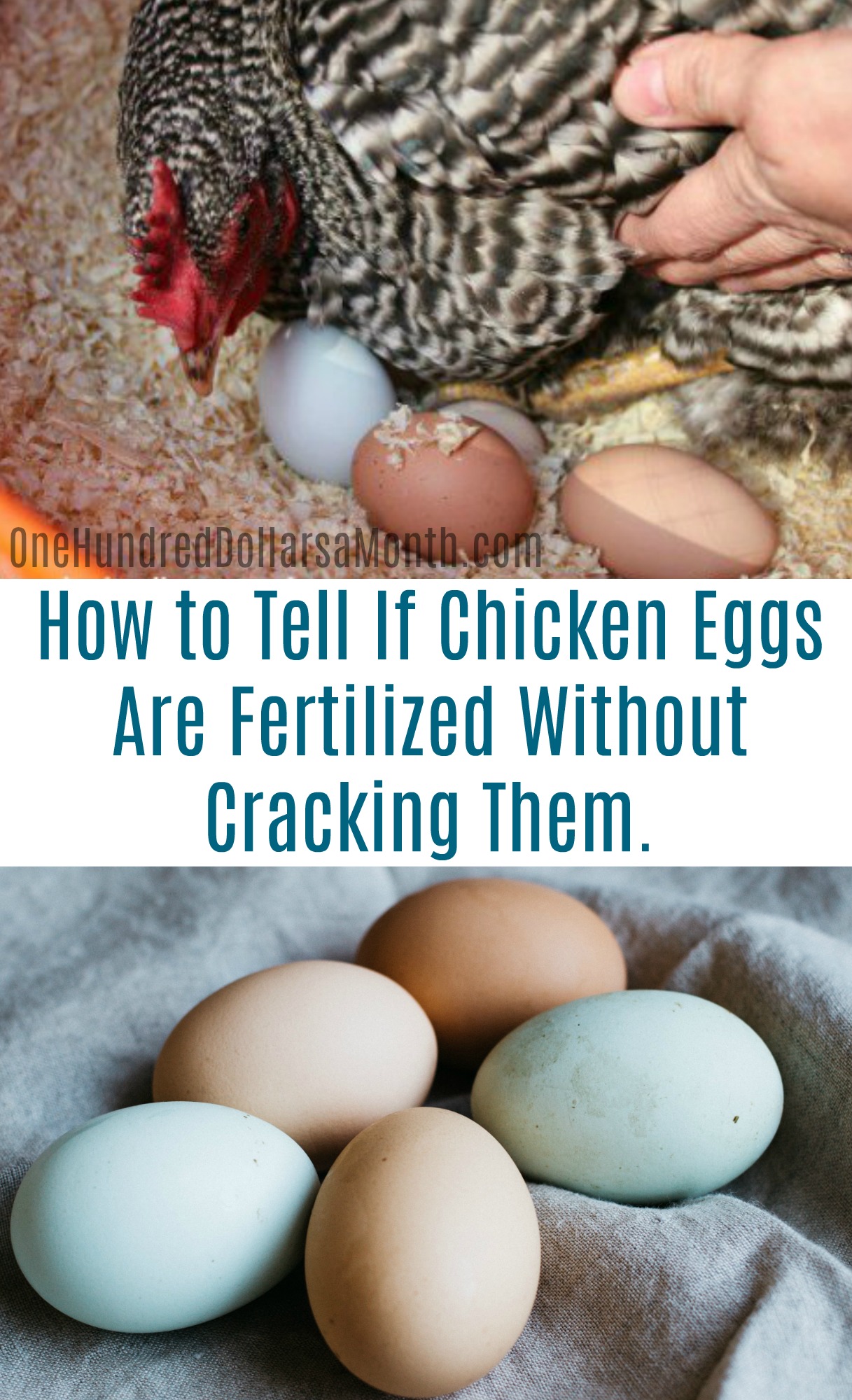Unlocking Nature's Mystery: A Detailed Guide to the Hen Fertilization Process for Beginners offers an intriguing look into one of nature’s most fascinating processes. This guide delves deep into how chickens reproduce and how eggs are fertilized, providing a beginner-friendly overview that demystifies the complexities involved in this natural phenomenon. Whether you're a backyard chicken enthusiast or simply curious about avian biology, this article will provide valuable insights.
Understanding the mechanics behind egg fertilization is not only educational but also practical for those interested in sustainable farming or raising chickens at home. By exploring topics such as the role of roosters, the cloacal kiss, and sperm storage within hens, readers can gain a comprehensive understanding of how life begins in chickens. Let's dive into the details of this remarkable biological process.
When it comes to reproduction, chickens follow a unique path compared to mammals. Unlike mammals where fertilization occurs internally, chicks develop outside the mother's body through eggs. This distinction plays a significant role in how eggs are fertilized by chickens. Sperm from the rooster can remain viable inside the hen's reproductive system for up to three weeks, continuously fertilizing eggs as they form approximately 24 hours before being laid.
Understanding the Basics of Chicken Reproduction
The journey of egg fertilization begins with the mating process between hens and roosters. During this interaction, known as the Cloacal Kiss, the rooster transfers sperm to the hen. This brief yet crucial moment ensures that the hen's ova (eggs) become fertilized. Roosters often engage in playful behavior, prancing around and clucking before mounting the hen, which signals their readiness to mate.
This method of reproduction allows hens to produce fertile eggs even without constant access to a rooster. It also explains why many suburban households can maintain small flocks of laying hens without needing a rooster nearby. The ability of sperm to survive within the hen's body for extended periods supports consistent egg production over time.
Interestingly, the absence of a rooster does not hinder a hen's ability to lay eggs; however, these eggs will be infertile and incapable of developing into chicks. For those planning to breed chickens, having a rooster present becomes essential to ensure successful fertilization and hatchability of eggs.
Exploring the Hen's Nesting Behavior
As part of the reproductive cycle, hens exhibit secretive behaviors when searching for suitable nesting sites. These locations typically consist of shallow depressions hidden from predators, offering safety during the vulnerable period of egg-laying. Once a nest is selected, the hen prepares it carefully, ensuring optimal conditions for her clutch.
The choice of nesting site reflects the hen's instinctual drive to protect her offspring from potential threats. By concealing her eggs, she increases their chances of survival until hatching occurs. This behavior highlights the importance of providing appropriate shelter and privacy for hens kept in captivity.
In addition to physical preparation, hormonal changes influence the hen's actions throughout the nesting process. As progesterone levels rise, hens become more focused on creating a secure environment for their eggs, further emphasizing the intricate balance required for successful reproduction.
Composting Chicken Manure Safely
Beyond reproduction, managing chicken waste responsibly contributes significantly to sustainable agriculture practices. Composting chicken manure properly eliminates harmful pathogens while enriching soil nutrients beneficial for plants. When handled correctly, this organic material transforms into a valuable resource for gardens and landscapes alike.
Families raising chickens benefit greatly from composted or aged manure, referred to affectionately as brown gold. Its high nutrient content enhances plant growth and improves overall soil health. However, proper techniques must be followed to avoid contamination risks associated with raw manure application.
For beginners interested in incorporating chicken manure into their gardening routines, learning safe handling methods ensures both environmental protection and personal safety. Educational resources like fact sheets offer detailed guidance on achieving effective composting results while minimizing hazards.

